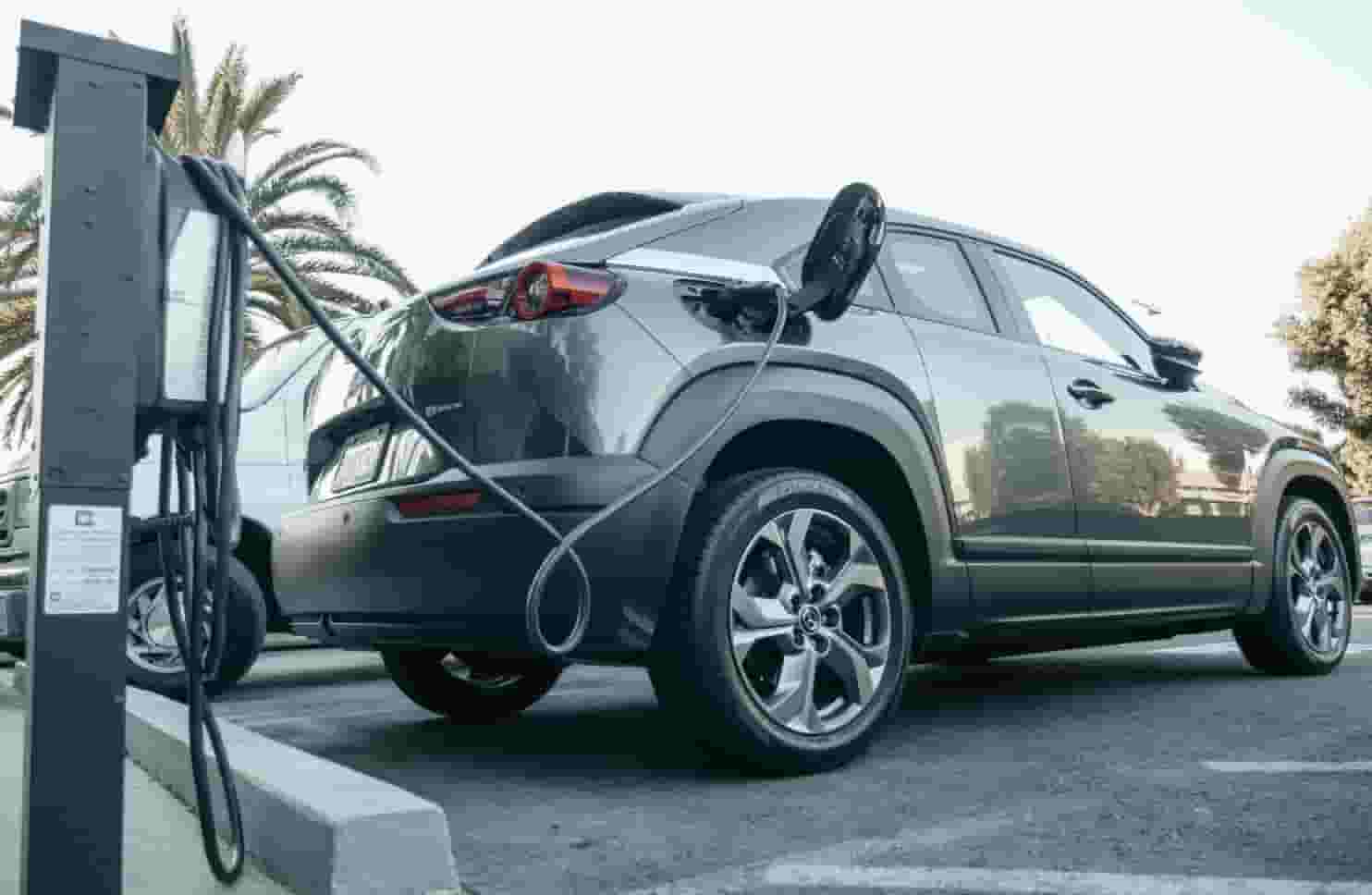Florida Leads the EV Charging Revolution in the US
We have heard and anticipated the EV charging revolution in the US for years. In 2022, they have finally arrived and are no longer a niche. They need no gas and oil, which is especially viable amidst the unstable fuel prices due to the situation in Ukraine. Owing to this and a lot more, electric cars are very much the norm, with Florida being home to over 58,000 electric vehicles!
Florida-The Second Highest EV Population
As the state with the second highest number of electric vehicles, Florida is leading the EV charging revolution in the US. Some ten years ago, EV charging stations were rare; there were just 430 charging stations in the whole U.S.! Today, you’ll find a higher number than that in just one state.
The state developed its first-ever electric car roadmap in 2020. Florida boasts 3907 level 2 EV charging plugs and around 844 level 3 fast chargers. With 4793 slow charging stations and 1246 fast charging stations, it is estimated that Florida has sufficient slow charging stations to fulfill the state’s needs. As for fast charging stations, plans are to install 34 fast charging stations on Florida’s highways by 2025.
Also Read: What are the major shifts in the EV charging industry?
Setting a Precedent
Florida’s contribution as the leading revolutionary in EV charging is set to promote the EV industry, in an attempt to electrify the country’s motor fleet. This reduced dependence on fossil fuels has positive environmental implications, improving the state’s carbon footprint given the alarming climate change situation.
Organizations like Florida Power and Light, Tampa Electric, and Duke Energy Florida are all making (or set to make) significant contributions to EV charging in Florida. Due to the EV charging expansion plans, the state’s EV population is set to increase to a whopping 600,000 EVs in 2030. This shift from internal combustion engines to electric motors means less pollution, enhancing clean energy use.
Florida’s share of expanding the nation’s EV charging network is $5 billion approximately, and more contributions are expected in the coming years. With such massive investments in the offing, Floridians are more likely to switch to clean energy solutions and offset the detrimental effects of climate change and many health detriments like asthma, respiratory illness, and several cancers due to tailpipe emissions.
With its clear vision for the future, Florida has set a precedent for the other states to follow.

